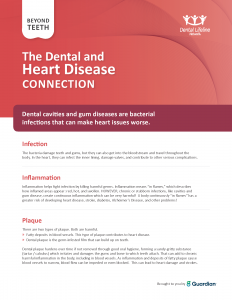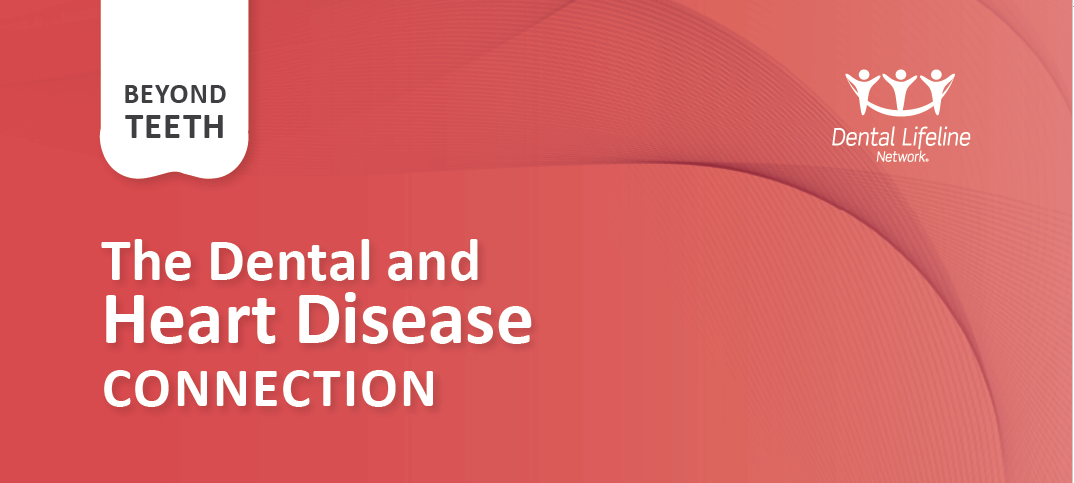Dental cavities and gum diseases are bacterial infections that can make heart issues worse.
Infection
The bacteria damage teeth and gums, but they can also get into the bloodstream and travel throughout the body. In the heart, they can infect the inner lining, damage valves, and contribute to other serious complications.
Inflammation
Inflammation helps fight infection by killing harmful germs. Inflammation means “in flames,” which describes how inflamed areas appear: red, hot, and swollen. HOWEVER, chronic or stubborn infections, like cavities and gum disease, create continuous inflammation which can be very harmful! A body continuously “in flames” has a greater risk of developing heart disease, stroke, diabetes, Alzheimer’s Disease, and other problems!
Plaque
There are two types of plaque. Both are harmful.
- Fatty deposits in blood vessels. This type of plaque contributes to heart disease.
- Dental plaque is the germ-infested film that can build up on teeth.
Dental plaque hardens over time if not removed through good oral hygiene, forming a sandy-gritty substance (tartar / calculus) which irritates and damages the gums and bone to which teeth attach. That can add to chronic harmful inflammation in the body, including in blood vessels. As inflammation and deposits of fatty plaque cause blood vessels to narrow, blood flow can be impeded or even blocked. This can lead to heart damage and strokes.
Resources

This information is a public service of the Dental Lifeline Network. The content is for educational purposes only. It should not be used as a substitute for the medical advice of one’s health care provider.
Your Input is Important
Please take a quick 2-3 minute survey to help us improve our communications about this important topic.
"*" indicates required fields






